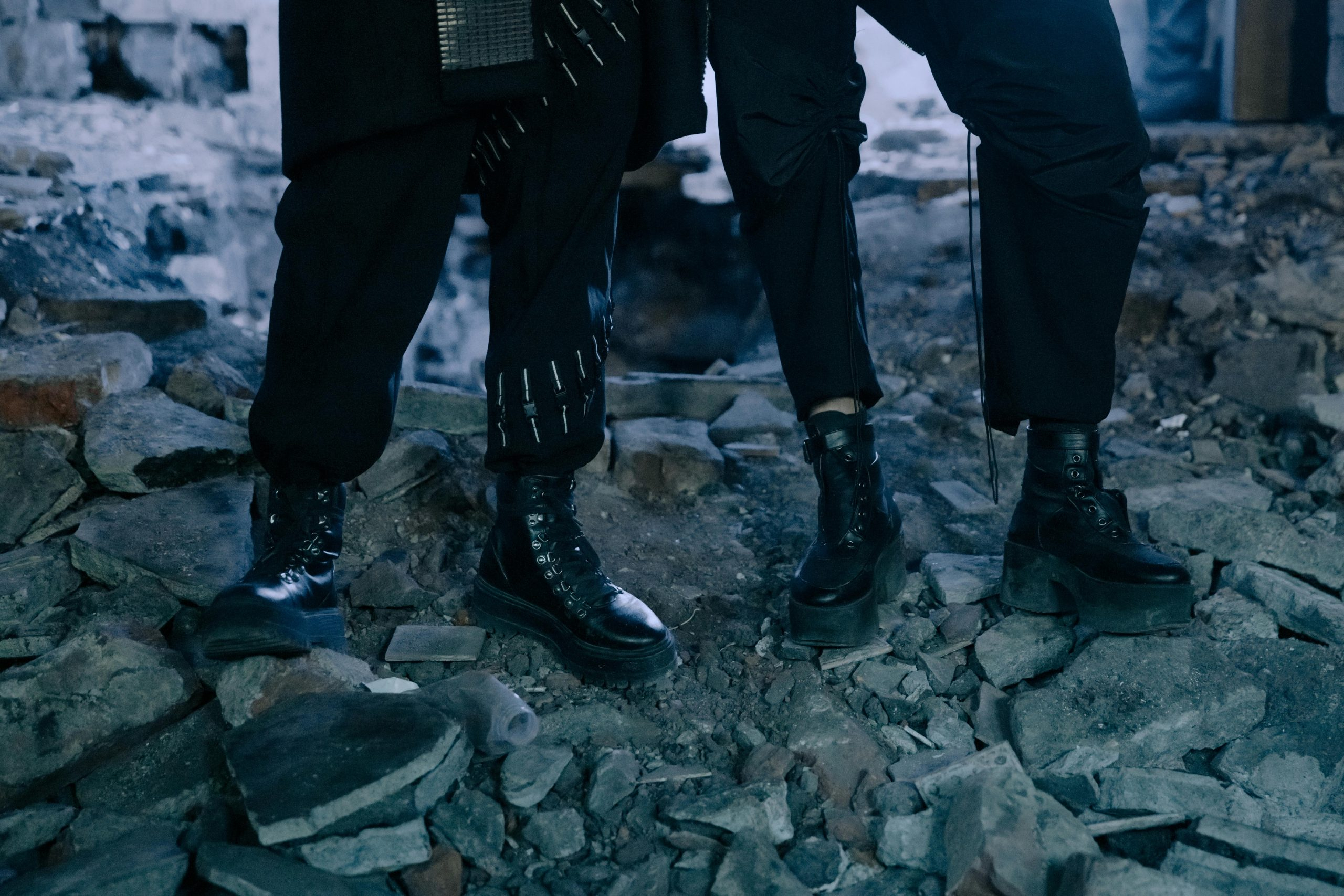The Role of Fashion Week in Driving Industry Trends Forward
When it comes to the world of fashion, there is no event quite as highly anticipated and influential as Fashion Week. This biannual event, which takes place in major cities like New York, Paris, Milan, and London, showcases the latest collections from top designers and sets the trends for the upcoming season. But beyond the glitz and glamour, Fashion Week plays a crucial role in driving industry trends forward. From setting the fashion agenda to promoting emerging designers, Fashion Week is a driving force in the ever-evolving fashion industry.
The Birth of Fashion Week
The origins of Fashion Week can be traced back to the early 20th century, when major fashion capitals began hosting events to showcase their local designers. In 1943, New York’s first official Fashion Week, known as “Press Week,” was held in an effort to promote American fashion during World War II. It wasn’t until the 1970s, however, that Fashion Week as we know it today truly began to take shape.
In 1973, Eleanor Lambert, a prominent fashion publicist, organized the first “New York Fashion Week” which showcased designs from some of the biggest names in American fashion such as Oscar de la Renta, Bill Blass, and Calvin Klein. This event marked the beginning of Fashion Week as a global phenomenon, with other fashion capitals following suit and hosting their own versions.
The Fashion Agenda Setter
Fashion Week serves as the ultimate platform for designers to showcase their latest collections to the world. It sets the tone for what is to come in the fashion industry and has a massive influence on the direction of trends for the upcoming season. At Fashion Week, editors, buyers, and influencers gather to get a first look at the designs that will be hitting the racks in the coming months, and their reactions can make or break a designer’s success.
Designers often use Fashion Week as an opportunity to push boundaries and challenge traditional fashion norms. We’ve seen this time and time again with designers like Alexander McQueen, who constantly shocked and captivated audiences with their bold and avant-garde designs. These risks taken on the runway can have a ripple effect, inspiring other designers and shaping the direction of the industry.
Spotlight on Emerging Designers
Beyond the established fashion houses, Fashion Week is also a platform for emerging designers to gain recognition and establish themselves in the industry. It provides exposure to a wider audience, including potential buyers and investors, which is crucial for the growth and success of any up-and-coming designer.
Many fashion weeks also have dedicated events and programs for showcasing emerging talent. For example, Paris Fashion Week’s “Designers Apartment” features a selection of up-and-coming designers, while the CFDA’s “Fashion Incubator” program supports and mentors emerging American designers. Through these initiatives, new and innovative voices are given a chance to shine and contribute to the evolution of the fashion industry.
Beyond the Runway
While the runway shows and presentations during Fashion Week are undoubtedly the main event, the influence of Fashion Week extends far beyond the catwalk. The street style captured outside the shows has become just as important, with influencers and celebrities using their appearances as an opportunity to showcase their personal style and promote emerging designers.
Moreover, social media has revolutionized the way we experience Fashion Week. From live streaming of shows to behind-the-scenes peeks on designers’ Instagram Stories, the reach of Fashion Week has expanded beyond the confines of the industry. This has allowed for a wider audience to engage with fashion and has made the trends set during Fashion Week more accessible to the general public.
The Evolution of Fashion Week
In recent years, Fashion Week has also evolved to become more inclusive and diverse. The industry has been called out for its lack of representation and diversity, and Fashion Week has taken strides to combat this issue. We’ve seen more diverse model casting on the runways, as well as initiatives like the “Fenty Effect” – the impact of Rihanna’s inclusive Fenty Beauty line on the beauty and fashion industries – which have pushed the conversation forward and encouraged change in the industry.
Beyond its impact on the fashion industry, Fashion Week also has significant economic value. It brings in billions of dollars to the host cities each year, from hotel bookings to restaurant reservations to transportation services. It’s not just about the clothes – Fashion Week has become a major cultural and economic event.
The Bottom Line
Fashion Week is not just about showcasing expensive clothes and trends that may seem unattainable to the average person. It is a pivotal event in the fashion industry that drives trends and fosters creativity. It sets the agenda for each season and provides a platform for emerging designers to shine. But above all, Fashion Week is a celebration of fashion as an art form, and its influence is undeniable in shaping the multi-billion dollar industry we know and love today.










